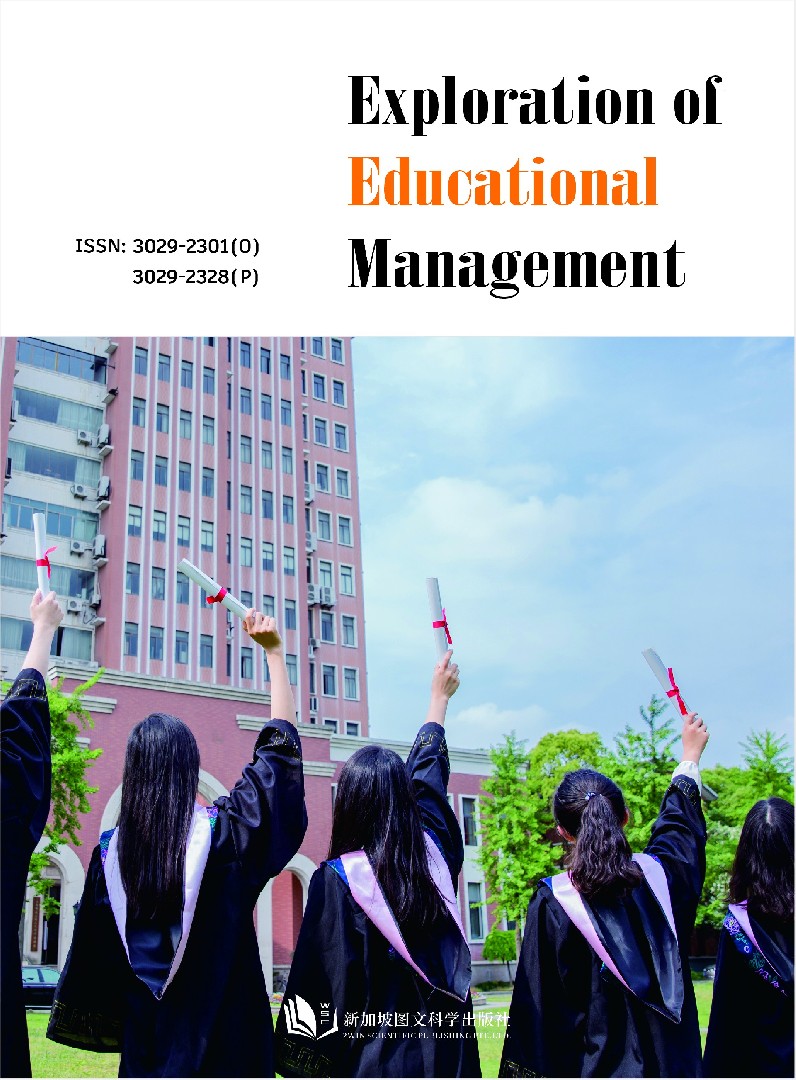作者
Jinyu Bao
文章摘要
This study explores the teaching strategies of middle school English writing from the perspective of artificial intelligence (AI), and analyzes the application potential and existing problems of AI technology in writing teaching. Although current AI tools can provide immediate feedback such as grammar correction and sentence structure optimization, there are problems such as superficial application of technology, weakened student autonomy and limitations of the evaluation system. Based on the theory of process writing, it is proposed to construct a deeply integrated teaching model and incorporate AI throughout the entire writing process. Carry out systematic intelligent writing literacy courses to cultivate students' ability to use AI critically; Improve the human-machine collaborative evaluation mechanism and optimize the assessment of thinking logic and cultural awareness. The research aims to provide a practical path for the deep integration of AI and English writing teaching, balance technological empowerment and educational subjectivity, and promote the coordinated development of students' writing ability and creative thinking.
文章关键词
Artificial intelligence, Middle School English Writing, Teaching strategy, Process writing Theory, Intelligent evaluation
参考文献
[1] Yang Cuiqin. Generate the path of the artificial intelligence auxiliary English writing teaching to explore [J]. Journal of shaanxi education (teaching), 2025, (5) : 19-21.
[2] Bi Lihua. Evidence-based Teaching Design of Higher Vocational English Writing Supported by Artificial Intelligence and Big Data [J] China Informatization,2025,(03):41-42.
[3] Mu Huifeng, Tang Yanfang. Peer mutual and corrects ChatGPT intelligent classification index contrast study [J]. Foreign language audiovisual education, 2025, (01) : 86-93 + 124.
[4] Wu Li. Application of Generative Artificial Intelligence in Middle School English Writing Teaching [J]. Information Technology Education for Primary and Secondary Schools,2024,(08):85-87.
[5] Costa, King & Ntsobi, Mfanelo & Mfolo, Lehlohonolo. (2024). Challenges, Benefits and Recommendations for Using Generative Artificial Intelligence in Academic Writing -A Case of ChatGPT. 07. 3-38.
[6] Ginting, Pirman & Batubara, Haris & Hasnah, Yenni. (2023). Artificial Intelligence Powered Writing Tools as Adaptable Aids for Academic Writing: Insight from EFL College Learners in Writing Final Project. INTERNATIONAL JOURNAL OF MULTIDISCIPLINARY RESEARCH AND ANALYSIS. 06.
[7] Farneste, Monta & Bicjutko, Tatjana. (2025). Artificial Intelligence Integration in Acquisition of English Academic Writing: a comparative analysis of student perspectives in school and university settings. Baltic Journal of English Language, Literature and Culture. 15. 31-50.
[8] Flower, L., & Hayes, J. R. (1981). A cognitive process theory of writing.** *College Composition and Communication, 32*(4), 365-387.
Full Text:
DOI
